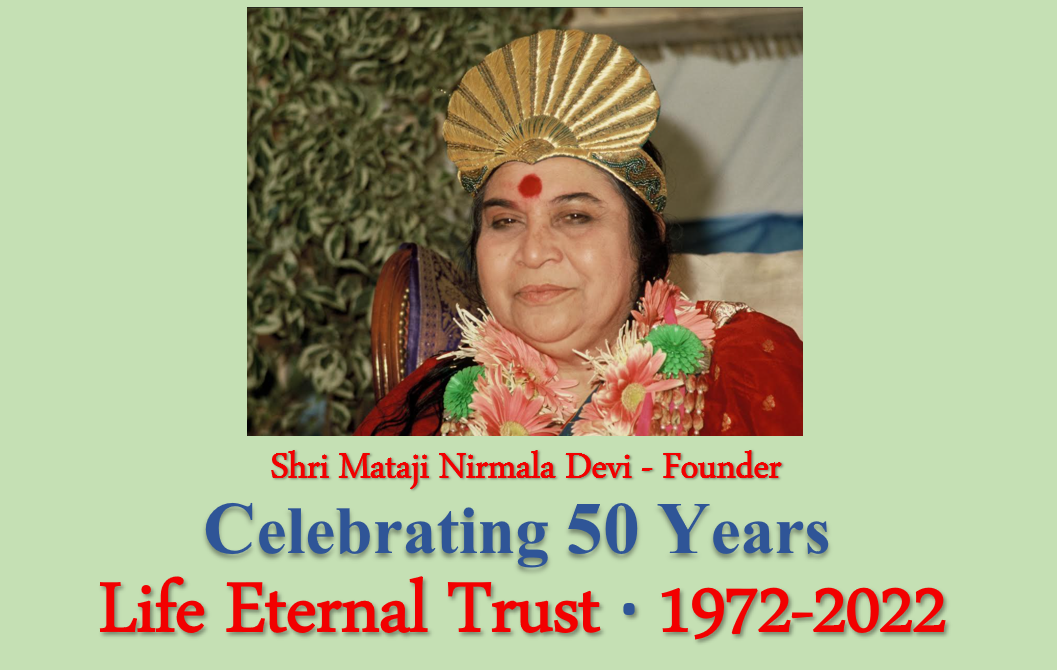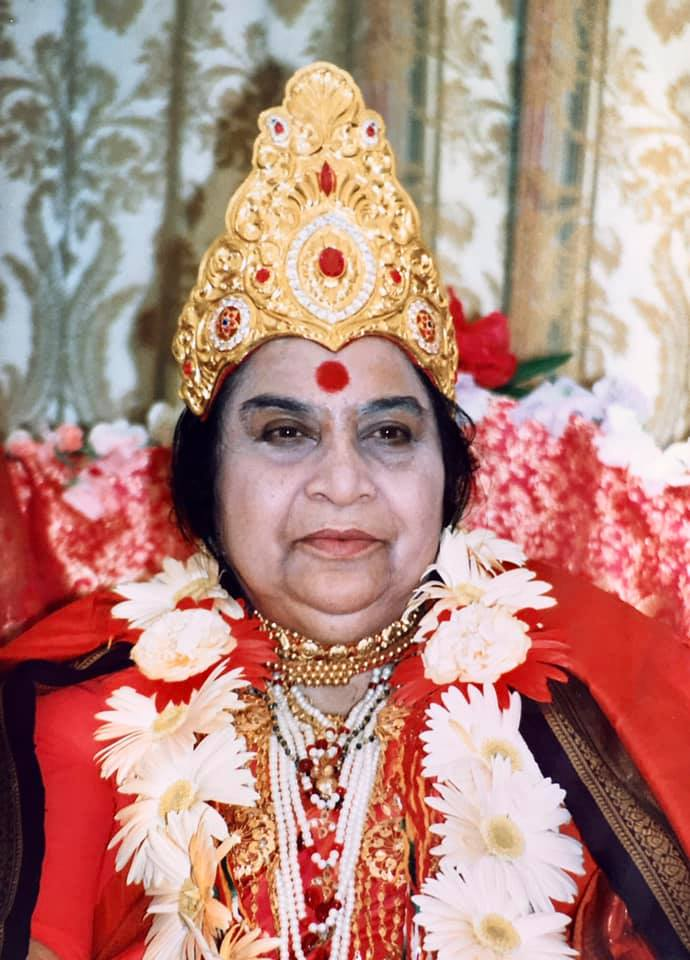Celebrating 50 Years of Life Eternal Trust and its Objects, Post 15


Tapaḥ Means Meditation
"So just think, under what circumstances you got your Realization: without sacrificing anything, without giving up anything, without working out any one of these tapasyās, penances.
Because Buddha is a Tapaḥ. These three Deities on your Āgñyā chakra: Christ, Mahāvīra and Buddha, three of Them are Tapaḥ. Tapaḥ means penance. You have to do penance.
And penance now in Sahaja Yoga doesn't mean that you give up your wife or give up your husband, give up your children, give up your family life, but here Tapaḥ means meditation. And for meditation, you must know when to get up, that should be the most important thing for a Sahaja Yogi. The rest of the thing automatically will work out, and you'll understand: to grow your depth you have to meditate. Is a[n] absolutely simple thing: you don't have to shave your head, you don't have to starve yourself, you don't have to walk bare feet. You can sing, you can dance, I mean, you can entertain yourself with music.
......
But while you people look like really roses, beautifully, all of you are enjoying life, and everything is there, ut still one has to know that we have to have that Principle of Buddha within ourselves. And what is that Principle of Buddha? Is that we have to do Tapaḥ.
......
For example, some of you are like this, 'That I belong to this nationality, to that nationality. I am this, I am that. We are very proud of that. We cannot mix up with other people, we are too high for the other people,' or something like that. You are now become a Universal Being. So, you, how can you have these stupid limitations which are mythical again?
Now, as it is, we can see there is light within us, what happens that we start seeing what's wrong with us and we just drop it out. But even when you see that, if you cannot drop it out, then must know that you need more of power. Then you must learn how to raise your Kuṇḍalinī, how to be connected with the uh Divine Power all the time, so that you are in thoughtless awareness and that you grow within yourself in a depth.
......
An enlightened attention reacts in a very different manner than a stupid attention or a confused attention, or the attention which is full of negativity. So, one has to judge how you react.
Without coming to the collective, without being collective, you can never understand the value of collectivity. It is so great. It gives you so many powers, it gives you so much satisfaction and joy that one must in Sahaja Yoga first pay attention to collectivity.
......
If you can just pay attention to yourself as far as the defects are concerned, then I'm sure you will become much more collective than when you start seeing the defects in other people. And no use, I mean no use seeing.
......
So, with all these powers, with all these understandings, with all this compassionate love, you have to be sure about yourself and know that you are all the time protected, guided, looked after, nourished, and helped to grow by this Divine Power, which is all-pervading."
1992-0531 Śhrī Buddha Pūjā, The Search for the Absolute, Śhuddhi Camp (now The Hall, Shudy Camps Park), Shudy Camps, Cambridgeshire, UK
Links to suggested talk: vimeo, soundcloud
Objectives:
8. To give the taste of real joy that is within the Self. To practice different methods of meditation evolved by Mātājī and to hold meditation camps.
22. To open, organize and run local centers of the Life Eternal Institution in various parts of India and in foreign countries, the centers being opened on the distinct understanding that meditation is the path of the entire human destiny, and that all barriers of states, nations and races are artificial and irrelevant to Life Eternal.
Jay Śhrī Mātājī!
Comprehensive Compilations and Yearly Topics Teams